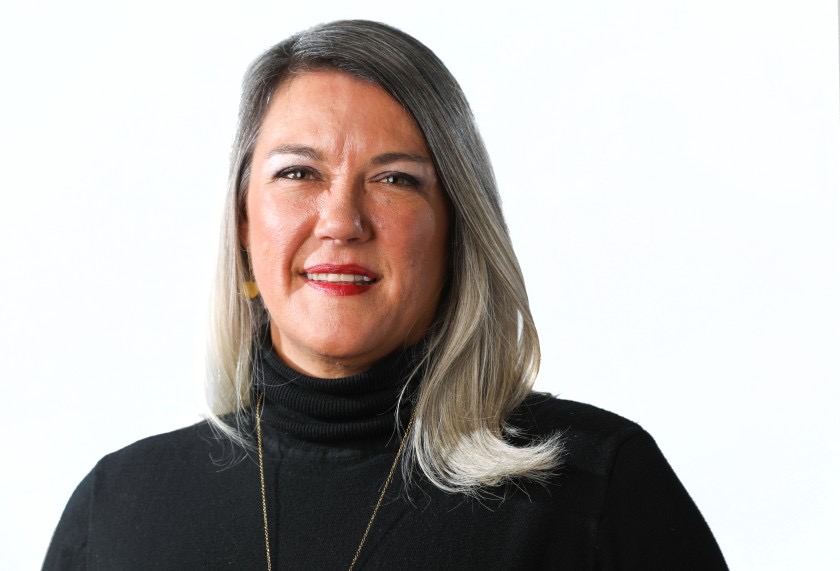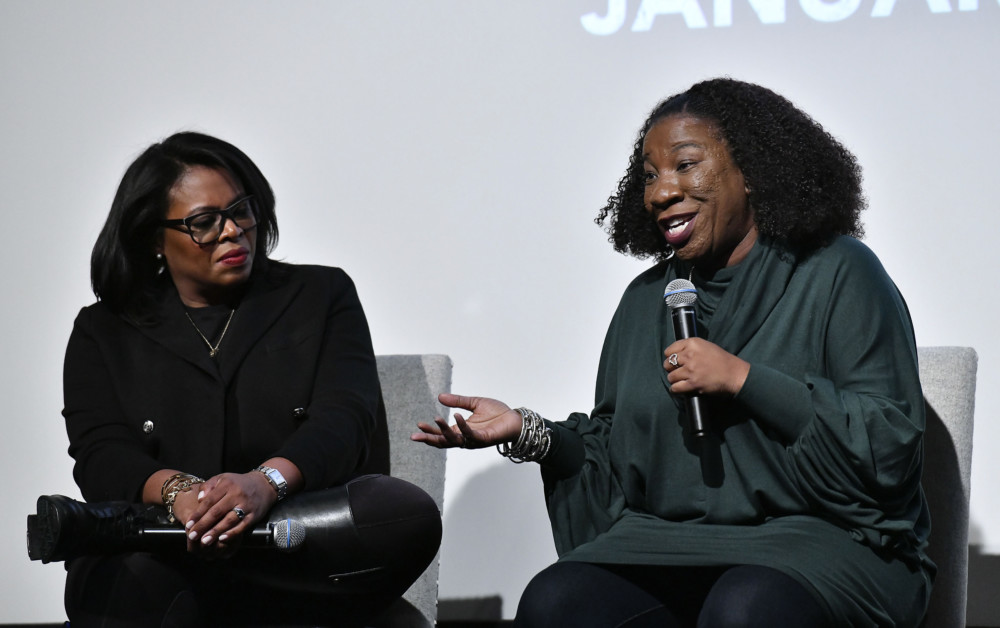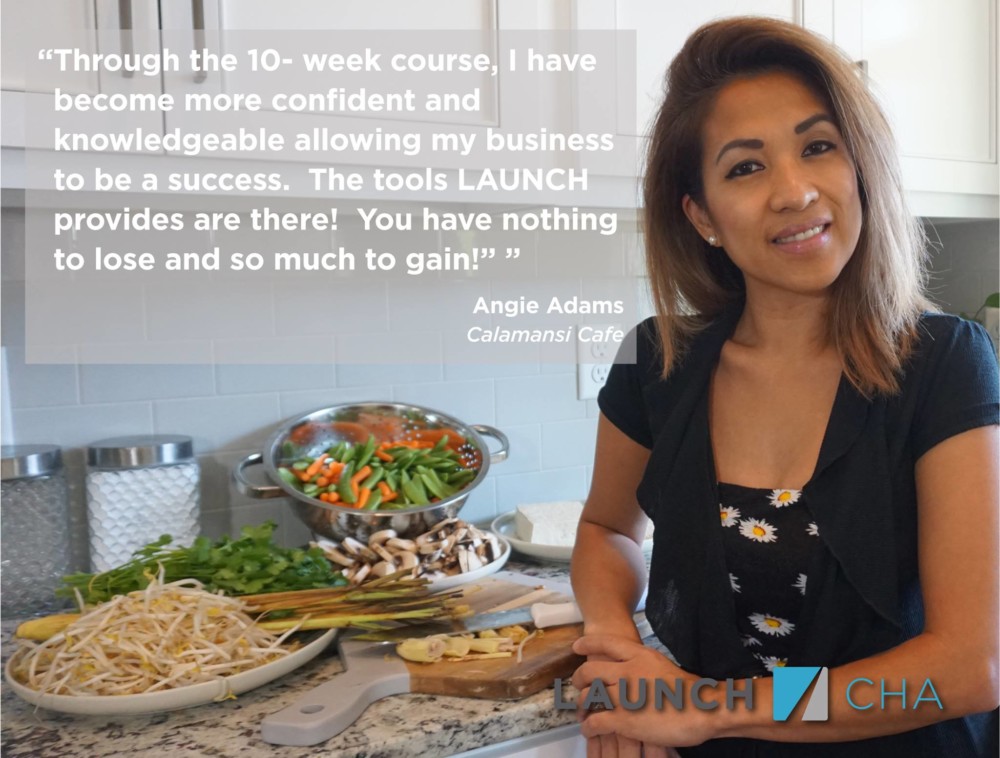By Lisa Deaderick
The San Diego Union-Tribune
WWR Article Summary (tl;dr) Cynthia Luvlee-Austin is the founder of “Shyne San Diego”, an organization that teaches survivors of human trafficking how to operate their own nonprofits.
SAN DIEGO
With 20 years of working in the nonprofit sector and in youth development to create social change organizations, Cynthia Luvlee-Austin found herself on a new journey in 2018: helping survivors of human trafficking to build their own businesses and nonprofits as a way to financial independence.
“What drives my work is social justice reform. As long as I can speak, I will advocate for the voiceless,” she says. “As a social innovator, I’m familiar with disrupting established social systems. … My depth of experience gives me the unique ability to see the bigger picture, see social justice trends as they emerge, and connect the dots with proficiency.”
She started Shyne San Diego, an organization that provides survivors of trafficking with business and leadership development programs and resources to allow them to build a new life rooted in economic equity and self-sufficiency.
By working with survivors who now own their own businesses, the organization provides instruction to new survivors in areas such as nonprofit organizational design, executive coaching, grant writing, financial management, engaging with a board of directors, strategic planning, fund-raising, leadership communication skills and research development.
Everything the organization offers is informed by what survivors themselves have said they want to learn. It’s not an employment program. Instead, Shyne San Diego presents itself as an entrepreneurship incubator, setting aside interview skills and resume writing for financial management, networking, and how to build a business.
Luvlee-Austin, 44, is co-founder and COO of Shyne San Diego, lives in Poway with her husband, Justin, and they have five children. She took some time to talk about her work with Shyne, how it connects with her passion for human rights, and loving the simultaneous country and city life of Poway.
buy orlistat online www.mobleymd.com/wp-content/languages/new/orlistat.html no prescription
Q: Tell us about Shyne San Diego.
A: The purpose of Shyne San Diego is ending exploitation by building a network of survivor-owned and survivor-operated businesses and nonprofit organizations. Since Shyne’s inception, our mission has been “providing innovative business tools to advance survivor leadership and the organizations that serve them.”
We began in June 2018 with “Project SEEN: Photographic Memoirs,” a class for human trafficking survivors because our earliest conversations with potential start-up investors held strong beliefs about the stigma these women have the burden of carrying, well after they have left the sex industry or sexual exploitation. We felt it was important for survivors to claim their narratives and tell their stories through photography and creative writing.
Shyne is already shifting stigmas placed on sex trafficking victims by giving them the necessary information to influence legislative decisions, creating innovative programs, coordinating effectively for social change, dismantling barriers to community resources, and providing a safe space where everyone is contributing to our unified success.
Q: What have you learned are some of the most prominent obstacles to starting over after escaping human trafficking?
A: At the heart of our discovery is understanding more clearly that the core problem keeping victims in commercial sexual exploitation is economic equity and the issues related to that. Women, in particular, are at the greatest disadvantage because they are the most criminalized people in the sex trade. Buyers and traffickers seem to receive lower arrest rates or fines, but the women are left with lengthy records, high court fees, restitution, children and limited resources to support them during their transitions into a life that is meaningful, fulfilling and provides livable wages.
Q: How does Shyne help to address those obstacles?
A: During our first year of operations, our program services made a positive impact in the women’s lives with leadership, business development and opportunities for new income sources. As the survivor business network has grown, we are able to split costs on essential professional positions that employ survivors who go on to become women with work histories and resumes who can seek gainful employment, or enroll in the business development program and build make their own dreams a reality. We also address the pull back into their previous life through a peer support system that meets women with empathy, understanding, and who are highly informed due to their own experiences, and able to connect on a much more authentic level. This keeps survivors engaged in a common community of support and purpose.
What I love about Poway … I love the low-key vibes in Poway and that I pass horses, llamas and chickens on the street every day taking my kids to school. The country suits me well with this type of work because I like to retreat, be alone, and be in a peaceful place to keep myself recharged.
Poway has a lot of family activities like pool movies, summer concerts in the park and a local farmers market that are fun for both the kids and myself.
Q: Why do you believe small business and leadership development are the most effective long-term solutions for women’s economic strength?
A: At conception, our vision was to create a grassroots leadership and professional development training platform utilizing entrepreneurship as a vehicle to teach survivors about the art of business in mainstream society. With the understanding that not every survivor is going to start their own business, we can harness more creativity in addressing new avenues for assisting victims of sex trafficking by building on new concepts, much like an incubator. Along their journey, survivors are exploring their talents, interests and the world of business.
When a woman can provide for herself and her children, she is less likely to be re-exploited and more likely to give back to others who are experiencing similar life challenges. It’s a natural, organic and exciting byproduct of the work I’m doing at Shyne San Diego _ to see survivors not only thriving, but who are going back to help other victims find freedom.
Q: Can you share any examples that stand out to you of women who’ve successfully completed your program and who are doing well today?
A: Marjorie Saylor is a survivor leader and the founder and CEO of The Well Path, as well as a program manager for the Alabaster Jar Project. She was working in a strip club when she met her trafficker, who is the father of her child. She escaped after being held captive in their home for two years. Hers is a common story of poverty leading to sexual exploitation, then sex trafficking, and then a single mother with no income to support her child. Her nonprofit provides emergency shelter and services to victims of human trafficking. She says that Shyne understands the lack of opportunity available to survivors like herself, with no real work history or nonprofit management education. We believed in her and worked alongside her to help with her professional and organizational development while helping her recognize her skills and ability, she says. She’s also said that “with Shyne’s help, I’m truly empowered and many women like me will have a chance to live their dream, as well.”
Q: What is the best advice you’ve ever received?
A: My business coach told me, “Don’t take the offer. Don’t sell out too soon. It’s not the program they want to buy, it’s you, and you won’t be happy in the long run when they own your proprietary information.” I said no to $80,000 in my second month of operation. That was hard, but the best decision I’ve made in staying true to the survivors I serve.
Q: What is one thing people would be surprised to find out about you?
A: I was born and raised in San Diego and that I’m an introvert who highly dislikes being in the spotlight or in front of a camera. I like to be behind the scenes, quietly working away.
Q: Please describe your ideal San Diego weekend.
A: Wow, that’s hard. Being raised here it really depends on the time of year. I am more of a summer person, so going to La Jolla Shores, hitting a good live reggae show, and eating breakfast with my family at Cully’s Restaurant in Poway. I also like to garden and take a yoga class or two. That is a perfect weekend in my world.
___
Distributed by Tribune Content Agency, LLC.

















































































































































































































































































































































































